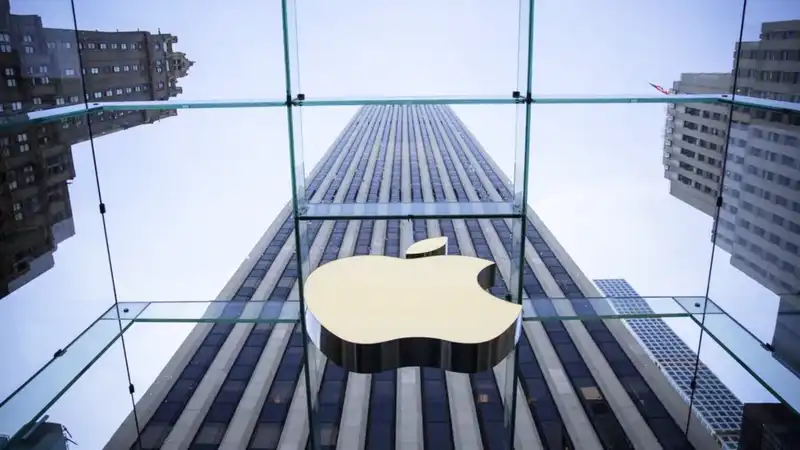Apple and the EU seem to have a tough relationship First, EU regulators forced Apple to stop using Lightning and go with USB-C, and now the App Store itself is in dispute
This is the first time the company has been charged with violating the Digital Markets Act (DMA) This is an EU competition law passed in 2022 that seeks to prevent "gatekeepers" from locking customers into their ecosystems; in the case of the App Store, this means allowing app developers to direct consumers to offers outside Apple's walled garden for free Meaning
Apple, for its part, has always argued that allowing such freedom could compromise the security and best interests of users The EU, however, has not been swayed Today (June 24), the Brussels regulator returned preliminary accusations that Apple does not fully permit the aforementioned steering and could therefore be penalized up to 10% of its worldwide revenue Given that Apple's sales last year were $383 billion, this is no small amount Furthermore, the fine could go up to 20% for repeated infringement
In addition to announcing the charges (the result of an investigation launched in March), the European Commission (the EU's executive branch) is also investigating Apple's support of an alternative iOS app store and its charging of developers [Senior Vice-President Margrethe Vestager, responsible for competition policy, said, "Today is a very important day for the effective enforcement of the DMA [Our preliminary view is that Apple does not fully recognize steering Steering is key to ensuring that app developers are not dependent on gatekeeper app stores and that consumers are aware of better offers
Regulators have stated that these charges are preliminary and have been sent to Apple, giving the company an opportunity to respond
A final decision will be announced by next March Apple, for its part, defends its practices Over the past several months, "Apple has made a number of changes to comply with the DMA in response to feedback from developers and the Commission We are confident that our plan complies with the law"
But it seems to have repercussions Apple confirmed that the long-awaited Apple Intelligence feature announced at WWDC will likely not be available to European Union customers due to the DMA The blocked features could include not only Apple Intelligence, but also iPhone Mirroring and SharePlay Screen Sharing, which were announced as part of iOS 18 and macOS Sequoia
Whether this will still be the case in a few years remains to be seen But if it is, hundreds of millions of people will not have access to some of the most exciting new features to come to the iPhone (and iPad and Mac) in a long time










Comments